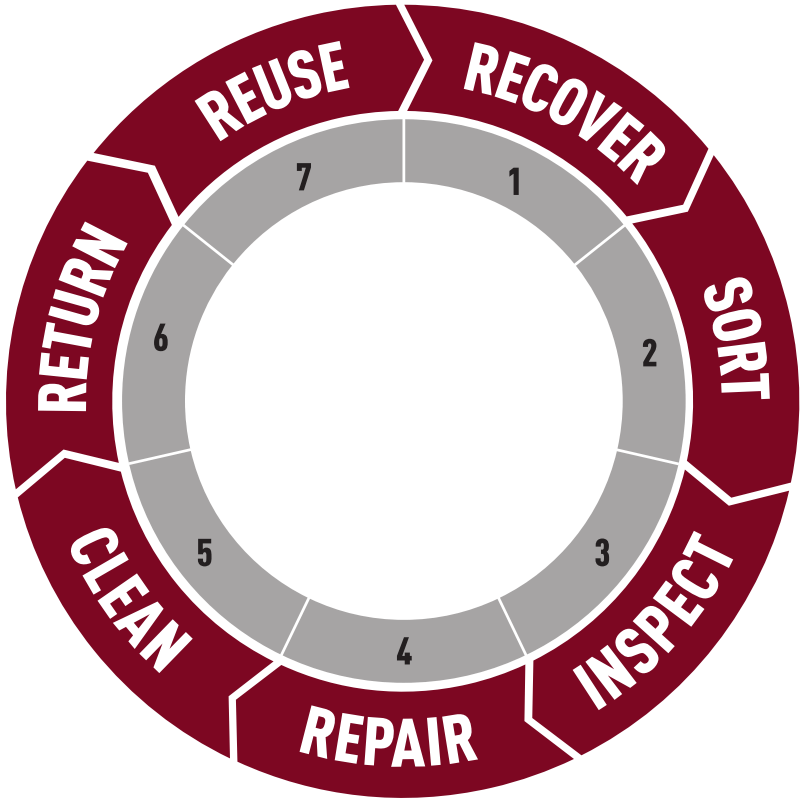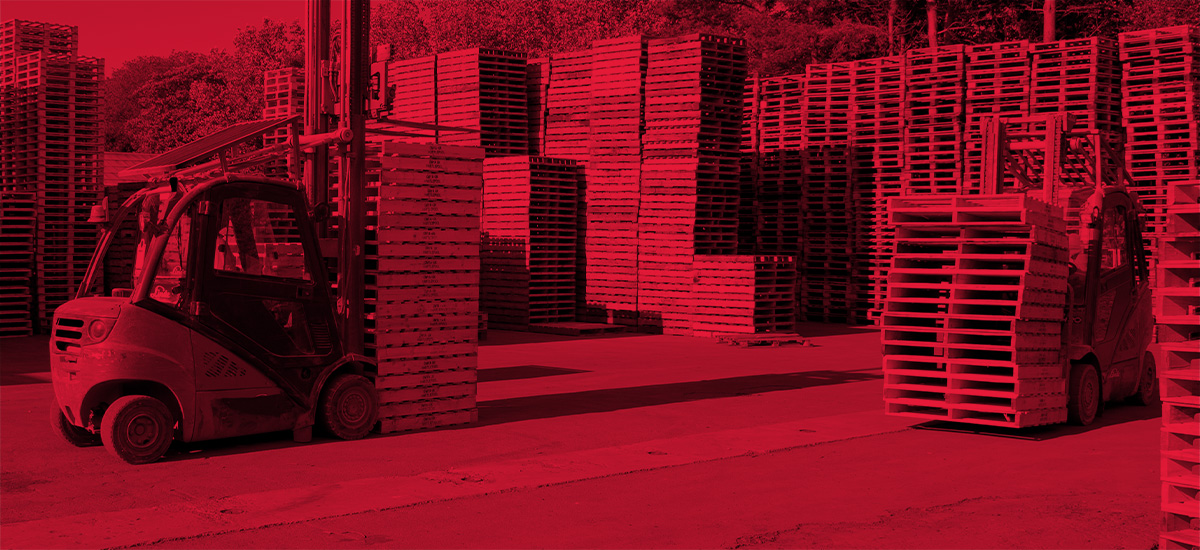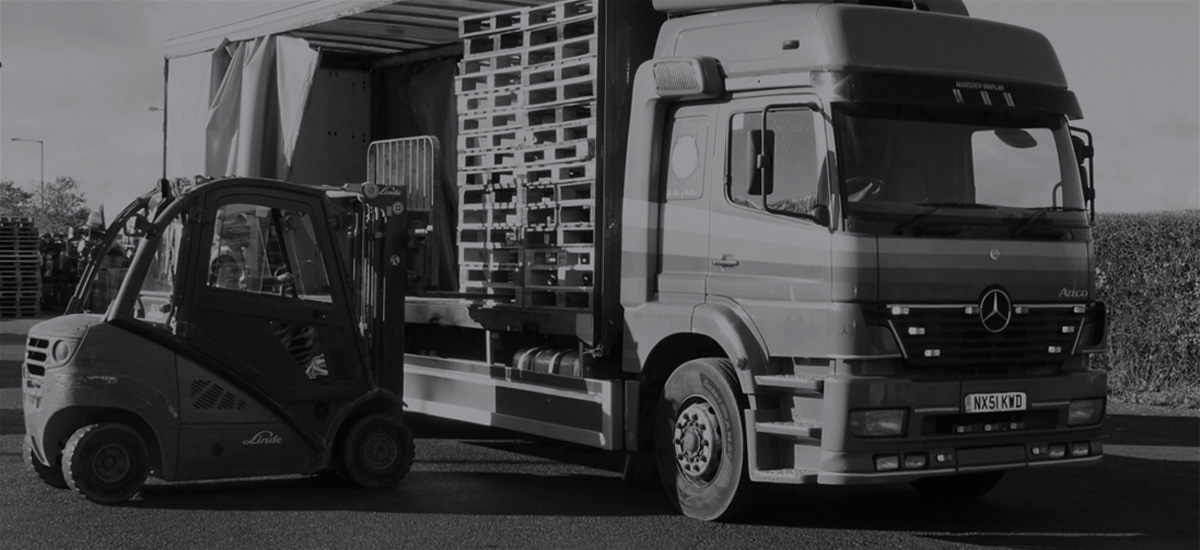A new circular economy model for logistics has been developed by Deutsche Post DHL Group in collaboration with Cranfield University and the Ellen Macarthur Foundation.
The concept of the new model is to utilise and continually improve the journeys a vehicle makes. This is set out in the report, Waste not, Want not. Capturing the value of the circular economy through reverse logistics, including the introduction of the Reverse Logistics Maturity Model. The full report can be read here.
As a company involved in reverse logistics, RPS encourages the collection of used pallets on a leg of a haulier’s journey which may otherwise have been left empty. This is a cost effective way to collect used packaging for reuse and recycling which encourages sustainability and the best waste hierarchy options.

The report emphasises the importance of reverse logistics playing a vital role within the circular economy. Empty journeys can be used to collect and return products, such as wooden pallets, for refurbishment, reuse, recycling and redistribution.
Christof Ehrhart, Deutsche Post DHL Group’s head of corporate communications and responsibility, said: “Deutsche Post DHL Group recognises the important role that the circular economy can play in contributing to a more sustainable world and we are committed to supporting and enabling its development with our knowledge and global network.
“The Reverse Logistics Maturity Model is a valuable tool for any organisation that is committed to embedding the circular economy more integrally into their supply chain.
“It also highlights the opportunities that exist for logistics companies to adapt and expand their services and approaches to support the circular economy, which in turn creates additional value both for business and the environment.”
The importance of applying circular economy concepts to businesses is evident in the above development. By utilising ‘wasted’ miles in transport, sustainable solutions can be implemented not only for logistics companies but for the businesses hoping to develop circular economy models to their own operations.







